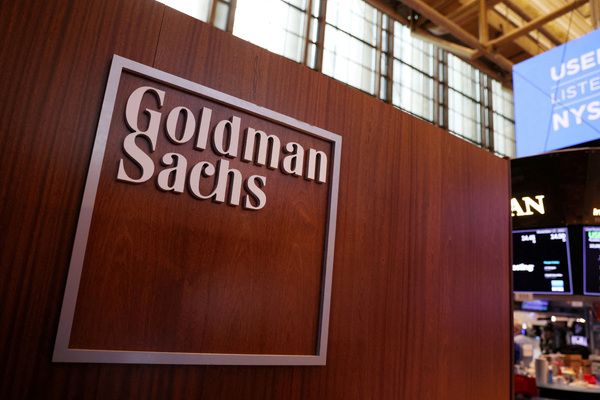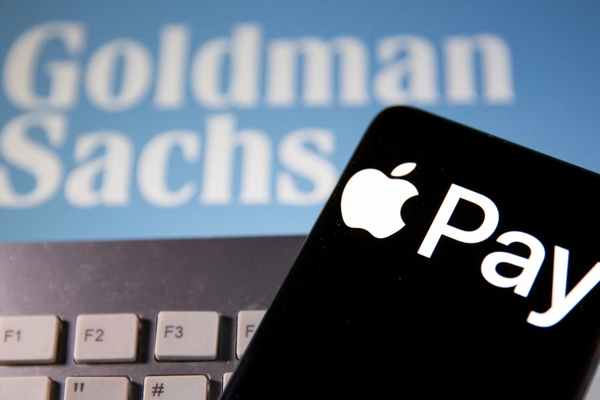Driving sustainability

Thomas Behrens at SAP argues that CFOs are a safe bet to drive sustainability progress
At COP28 in December, world leaders agreed to move away from fossil fuels to halt the escalating climate emergency. After another year of unprecedented floods, droughts and other environmental disasters, an agreement on such scale was necessary to stop the climate crisis in its tracks. From the very largest corporation to the individual consumer, everyone now has a responsibility to play their part in saving the planet.
At a business level, there’s the added motivation of stricter environmental regulations, taxes and reporting requirements. Legislation such as the Corporate Sustainability Reporting Directive is turning up the pressure on businesses to find ways to lower their carbon footprint. And with more in the pipeline for 2024 like the Extended Producer Responsibility Scheme, leaders face a choice between compliance or allegations of greenwashing, fines and reputational damage.
But alongside being an ethical and moral obligation, taking steps to mitigate climate change now carries a financial incentive. In fact, almost one third (31%) of UK leaders report that sustainability action is already having a strong impact on revenue, profitability and growth. This suggests that staying ahead of the curve on environmental regulation and progress is no longer a business consideration but a fundamental driver of performance.
Despite this growing link between sustainability and profitability, businesses are not setting themselves up for long-term success. Research shows just 12% of UK businesses are enabling finance leaders, those ultimately responsible for overseeing the financial health of the organisation, to take accountability for improving their environmental practices.
So, if businesses are to unlock the financial rewards of taking sustainability action, and play an active role in protecting the planet, something has to change.
Environmental action: an economic necessity
Over the last decade, what we’d determine to be the ‘value’ of sustainability action has evolved rapidly. Protecting the environment once sat within an organisation’s broader CSR practice, an initiative that advertised the company’s moral compass and willingness to give back.
While the ethical side remains, sustainability also offers businesses an opportunity to stay on the right side of the regulatory spotlight, attract new customers and grow the business.
This is a prospect that many leaders are waking up to. Two-in-five (37%) UK businesses state revenue and profit opportunities are the leading motivator for taking action to improve the environment, while over half (57%) of leaders now expect to see a positive financial return on their sustainability investments within the next five years.
Also, the allure of seeing a tangible return on investment is now leading the majority of organisations (8 in 10) to commit to either maintaining or increasing their work to improve the planet within the next five years.
In effect, carbon has now become its own business currency in that it generates new value for organisations. On the one hand, investors are directing funding towards businesses with a proven environmental record to make their portfolio greener and more competitive. On the other hand, consumers are leading the charge for more environmentally friendly products throughout the supply chain, with over 70% now wanting to buy more sustainably sourced and developed goods.
It’s within this context that businesses must get the ownership of sustainability action right. Organisations need to entrust it to an individual that can confidently demonstrate the link between sustainability and profitability to both internal and external audiences, appealing to both investors and colleagues alike, attracting funding, support and holding the business accountable for progress.
That’s why the CFO must be involved. But how often is this happening?
Why CFOs are up to the task
Despite offering a golden opportunity to become more profitable while also improving the environment, most organisations are not handing responsibility to the CFO - and are struggling to unlock the financial benefits as a result.
Just 5% currently allow CFOs to set the strategic direction on environmental action, instead defaulting the responsibility to other business leaders such as the Board of Directors, CEOs and CSOs. This is in part due to legacy perceptions of the role, with many believing sustainability falls beyond the scope of the CFO’s core responsibilities – whether that’s managing company spending, shrinkage or forecasting.
Despite this disconnect, CFOs have the knowledge, authority and expertise to lead on sustainability action. They hold a long-term vision for the business and ensure that objectives, finances and performance align, while they are also in charge of keeping the business resilient to external pressures or unexpected challenges.
This birds-eye outlook on an organisation, alongside the fact CFOs look after the purse strings, means they are best placed to communicate the economic value of sustainability to senior stakeholders within the business.
The demands that the CFO has on the business, to inform sustainability progress, means they are ideally positioned to help the organisation overcome its barriers to environmental action.
Currently, a staggering nine-in-ten UK businesses report difficulty with gathering and analysing sustainability data for regulatory compliance Many are relying upon estimates and ‘gut-feel’ to disclose the environmental impact of their operations, and so often progress is misinformed or impossible to substantiate.
With investment, brand damage and performance on the line, the CFO best understands what data is needed to connect profitability with purpose, and so can work with other leaders within the business to implement best reporting practice.
Looking to the future
Taking action to improve the environment is a matter of urgency. With countries, governments and organisations now looking to deliver on the promises made at COP28, the months ahead offer a crucial opportunity for businesses to re-evaluate their sustainability strategies and put the CFO front and centre.
This will allow businesses to build on the substantial progress they have already made and accelerate future growth while helping the planet.
Thomas Behrens is CFO EMEA North at SAP
Main image courtesy of iStockPhoto.com and Eoneren

Business Reporter Team
Most Viewed
Winston House, 3rd Floor, Units 306-309, 2-4 Dollis Park, London, N3 1HF
23-29 Hendon Lane, London, N3 1RT
020 8349 4363
© 2025, Lyonsdown Limited. Business Reporter® is a registered trademark of Lyonsdown Ltd. VAT registration number: 830519543





